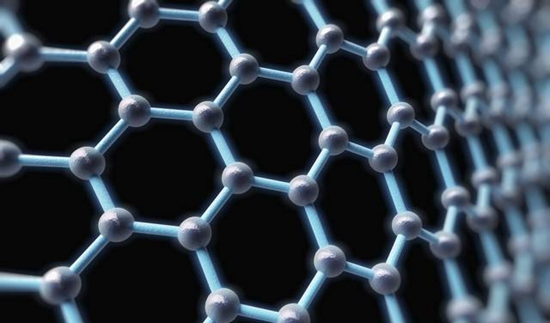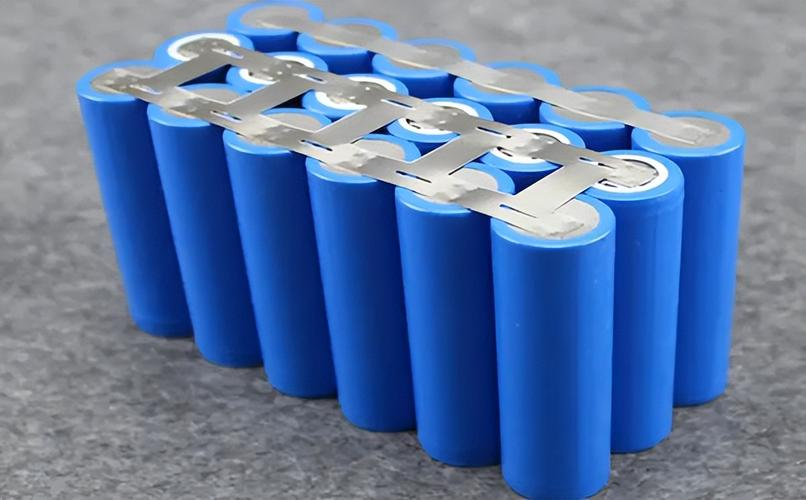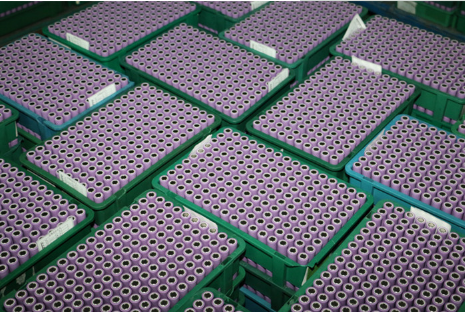One of the key materials to improve the performance of lithium-ion batteries: single-walled carbon nanotubes
Single-walled carbon nanotubes are nanomaterials composed of single-layer carbon atoms wound together with unique structures and excellent physical and chemical properties. Their structure has good symmetry and singularity and can be divided into three types based on their curl vector: armchair, zigzag, and chiral. They are composed of a concentric circular grid structure, similar to a hollow carbon fiber, with a diameter of only a few nanometers and a length that can reach several micrometers or even longer.
Single-walled carbon nanotubes have broad application potential in the energy field. At the same time, the two-dimensional thin film structure composed of single-walled carbon nanotubes, namely single-walled carbon nanotube paper, has high conductivity and thermal conductivity. Preparing this paper-like structure usually involves self-organizing SWCNTs into thin films to achieve current and heat conduction.

single wall carbon nanotube
In recent years, single-walled carbon nanotubes have made significant progress and breakthroughs in multiple application fields.
In the energy field, SWCNTs are widely used to manufacture high-performance lithium-ion batteries. Due to their excellent conductivity and structural stability, SWCNTs can significantly improve the energy density and cycle life of batteries, providing strong power support for the development of electric vehicles, wearable devices, and other fields.

Application of single-walled carbon nanotubes in the field of materials science
In materials science, SWCNTs' high strength and excellent conductivity make them ideal for manufacturing high-performance composite materials. By adding SWCNTs to polymer matrices, the mechanical and electrical properties of materials can be significantly enhanced, which can be applied in high-end fields such as aerospace and automotive manufacturing.
In biomedicine, the unique nanoscale and biocompatibility of SWCNTs make them potential for drug delivery and biological imaging applications. Researchers have successfully utilized SWCNTs as drug carriers to accurately deliver effective ingredients, such as anticancer drugs, to the lesion site, achieving efficient and low-side-effect treatment. At the same time, SWCNTs can also be used in fields such as biosensors and early cancer diagnosis, providing new technological means for the medical and health industry.
In addition, SWCNTs have shown broad application prospects in fields such as electronics, sensors, and catalysts. For example, nanoelectronic devices made using SWCNTs have excellent electrical performance, which can break through the physical limits of traditional silicon integrated circuits and promote the rapid development of integrated circuit research.
In recent years, significant progress has been made in the application of single-walled carbon nanotubes (SWCNTs) in lithium-ion batteries. This unique nanomaterial is considered one of the key materials for improving the performance of lithium-ion batteries due to its excellent conductivity, high strength, and high flexibility.

Lithium-ion batteries
On the one hand, single-walled carbon nanotubes are used as conductive additives in lithium-ion batteries. Due to their unparalleled conductivity, they can form a well-developed network inside the material, covering the surface of silicon particles and establishing highly conductive and persistent connections between silicon particles. This helps to improve the battery's fast charging ability while increasing its range. Some research results indicate that lithium-ion batteries containing single-walled carbon nanotubes can increase their range by more than 15%.
On the other hand, single-walled carbon nanotubes are also used to improve the negative electrode performance of lithium-ion batteries. By introducing single-walled carbon nanotubes, the system of silicon-based negative electrode materials can achieve higher energy density, with the potential to reach 350Wh/kg. This improvement not only enhances the battery's energy storage capacity but also helps to solve the performance degradation problem caused by the volume expansion of the silicon negative electrode during the charging and discharging process.

Composite electrode materials for lithium-ion batteries
In addition, single-walled carbon nanotubes are also used to prepare composite electrode materials for lithium-ion batteries. By combining with other materials such as graphite and metal oxides, the conductivity and structural stability of the electrode can be further improved, thereby optimizing the overall performance of the battery.
High Purity single wall carbon nanotube Supplier
Graphite-crop corporate HQ, founded on October 17, 2008, is a high-tech enterprise committed to the research and development, production, processing, sales and technical services of lithium ion battery anode materials. After more than 10 years of development, the company has gradually developed into a diversified product structure with natural graphite, artificial graphite, composite graphite, intermediate phase and other negative materials (silicon carbon materials, etc.). The products are widely used in high-end lithium ion digital, power and energy storage batteries.If you are looking for single wall carbon nanotube, click on the needed products and send us an inquiry: sales@graphite-corp.com







